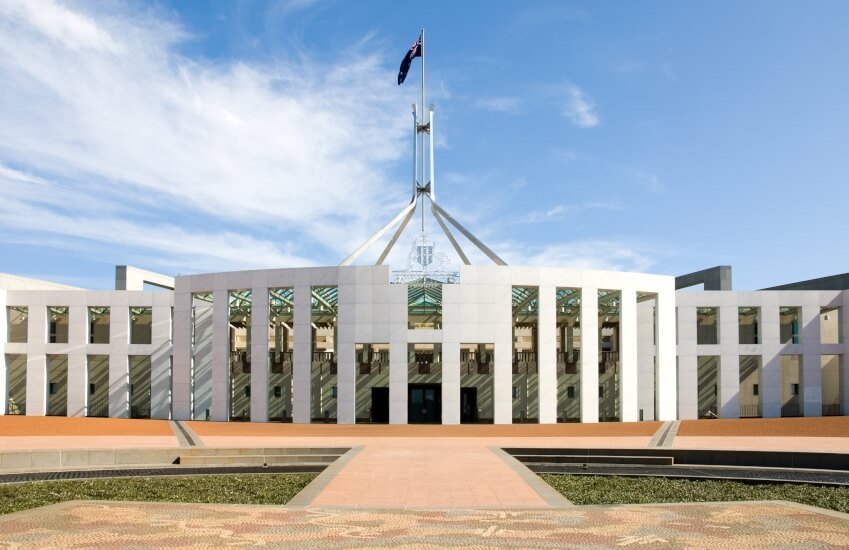More ‘unintended impacts’ with super, insurance measures
Analysis into the government’s proposals for insurance inside super has revealed the measure may see a 50 per cent reduction in overall insurance cover, according to KPMG.
As part of the 2018–19 federal budget, the government announced a measure that would see insurance inside superannuation move from a default framework to an opt-in basis instead for certain members.
This proposal would apply to members with low balances of less than $6,000, members under the age of 25 years and members whose accounts have not received a contribution in 13 months and are inactive.
A paper analysing the new measure by KPMG estimates that an opt-in model for these three types of members would result in a 50 per cent overall reduction in group life cover which includes death, TPD and income protection.
“As a consequence of the reduction in insurance coverage, overall group insurance premiums collected can be expected to significantly decrease,” the paper stated.
The removal of default cover for members with inactive accounts will see a 26 per cent reduction in the overall group life premiums collected by super funds, while removal of default cover for members under the age of 25 will see a 6 per cent reduction in group life premiums.
The removal of default cover for members with low balances will see the biggest impact on the amount of premiums collected, with a 37 per cent reduction predicted.
The overall impact on premiums collected as a result of the measures is estimated to be 42 per cent, according to the paper.
“This reduction in cover and insurance premiums collected can be expected to have further consequences for the insurers and the remaining members of superannuation funds,” the paper said.
It also noted that many superannuation funds’ insurance premiums currently involve a level of cross-subsidy between younger and older members of the fund.
“Removing default cover for under 25 year olds means one can expect fewer younger members with insurance,” he said.
“To the extent that there is a cross-subsidy in the insurance premium rates, removing default cover for younger members means the premium rates need to rise to compensate for what is effectively an increase in average age and risk within the overall insurance pool.”
As previously suggested by KMPG, the paper estimates that overall the budget proposals could result in a 26 percent increase on default insurance premiums within superannuation for the remaining members.
“If premiums increase by 26 percent as noted above, it is expected to result in a higher level of erosion of retirement benefits for all segments. The most significant impacts are for females and low-income earners,” the paper said.

Miranda Brownlee
Miranda Brownlee is the deputy editor of SMSF Adviser, which is the leading source of news, strategy and educational content for professionals working in the SMSF sector.
Since joining the team in 2014, Miranda has been responsible for breaking some of the biggest superannuation stories in Australia, and has reported extensively on technical strategy and legislative updates.
Miranda also has broad business and financial services reporting experience, having written for titles including Investor Daily, ifa and Accountants Daily.








